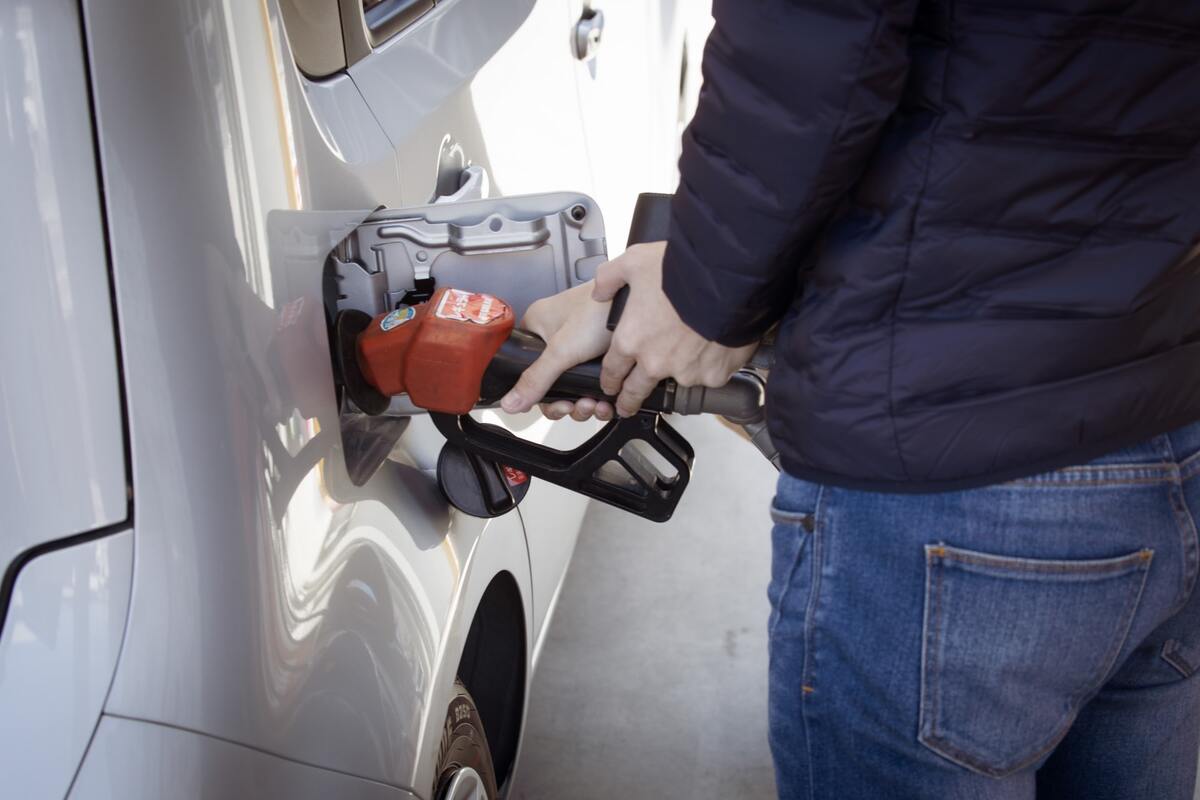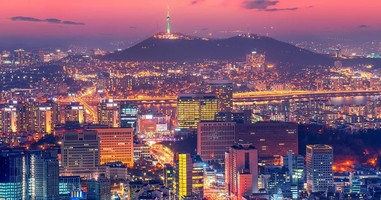
Blogs
No reforms for the near future
5 January 2022


Kuanysh Zhaikov
CRC Partner
"Iran is rich in fossil fuels, the use of energy sources (gas, gasoline, electricity) has been subsidized for almost 40 years. In terms of gasoline consumption per car, Iran ranks 2nd in the world after the USA, but in the US people drive big cars, while in Iran they drive economical small ones.
Fuel smuggling is common in Iran - if you can buy gasoline at a low price because of a subsidy, you can sell it at a market price in a neighboring country, such as Afghanistan, and make a profit. As a result, instead of fighting poverty, fuel subsidies encourage people to disobey the law.
Targeted transfers would be much more effective than such subsidies in the fight against poverty, while reducing environmental pollution and smuggling.
Of course, politicians in Iran were well aware of this, and in 2010 they launched a reform in an attempt to correct the situation - at that time, the total amount of fuel and food subsidies was estimated at about $100 billion, or about a quarter of GDP.
The reduction in subsidies had the expected effect predicted by theory: when prices rise, consumption falls. The negative consequence of the reform was that the funds saved in the public sector were not fully directed to increase social expenditure - also because officials did not have reliable data on the incomes of the population, they did not understand who was poor and who was not.
This led to public protests, and, as a result, in 2012 the reforms were suspended. What is called “one step forward, two steps back” happened.
Changes were made to the reforms in subsequent years, but the government did not go very far in reducing fuel subsidies due to rising fuel prices and stagnating social spending.
As a result, in 2016 the reform was officially stopped. Now the volume of subsidies is much less than it was at the beginning of the reform, but still quite high (in 2019 - 15% of GDP), and this is one of the indicators of the inefficiency of the Iranian economy.
all publications











